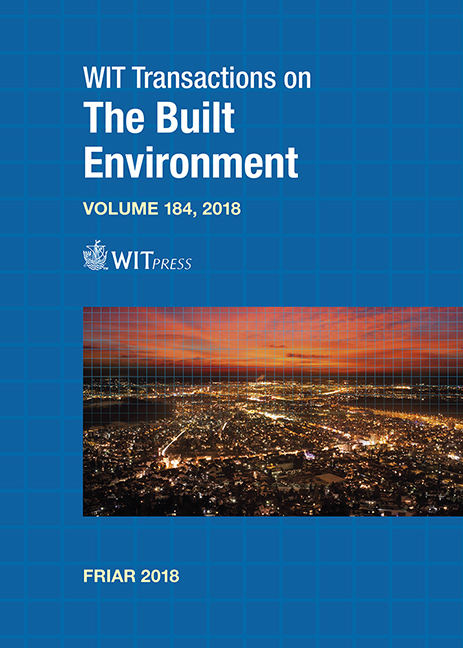IMPACT ANALYSIS OF THE PRECISION OF MAPPING OPERATIONAL CONDITIONS OF THE WATER SUPPLY SYSTEM ON THE ACCURACY OF HYDRAULIC MODEL CALIBRATION
Price
Free (open access)
Transaction
Volume
184
Pages
12
Page Range
49 - 60
Published
2018
Size
886 kb
Paper DOI
10.2495/FRIAR180051
Copyright
WIT Press
Author(s)
IZABELA ZIMOCH, EWELINA BARTKIEWICZ
Abstract
Hydraulic modelling of water supply network using mathematical simulation models gives a quick response to questions about network operational conditions. These would be complicated and time-consuming based on study of real water supply network. Due to computer models, the water supply network manager has the ability to analyse the variability of hydraulic parameters in the assumed time of simulation. Hydraulic models are becoming more popular, thanks to their simplicity and results presentation. They allow simulation and analysis of various operational variants (including failure events) to support management of water pipe network and to build Water Safety Plans. Creating such models is a complex task requiring data verification and adoption of certain assumptions, to ensure accuracy. Data entered into the model can be divided into two groups: technical data defining the physical characteristics of the pipe network, e.g. pipes and tanks diameters and operational data describing the dynamics of operation of water distribution subsystem, such as controlling pumps or daily water consumption patterns. However these models are not used for analysis which supports present management of water supply system but they constitute only the basis for dynamic models. The accuracy of dynamic model depends on operational data. Verification of these data and creation of dynamic models require the analysis of water flow quantity and water pressure as well as emergency events from the considered period. Detailed input data allows to increase the precision of obtained results and their accurate interpretation. This paper presents the analysis of operational data and the simulation results of hydraulic parameters (flow and pressure) for the one of the largest in Poland water supply system. In the study the hydraulic model of the Silesian Water Distribution System as well as the data obtained from the GIS and SCADA databases were used.
Keywords
Water Supply System modelling, extended period simulation, data quality, operational data, EPANET 2.0.





